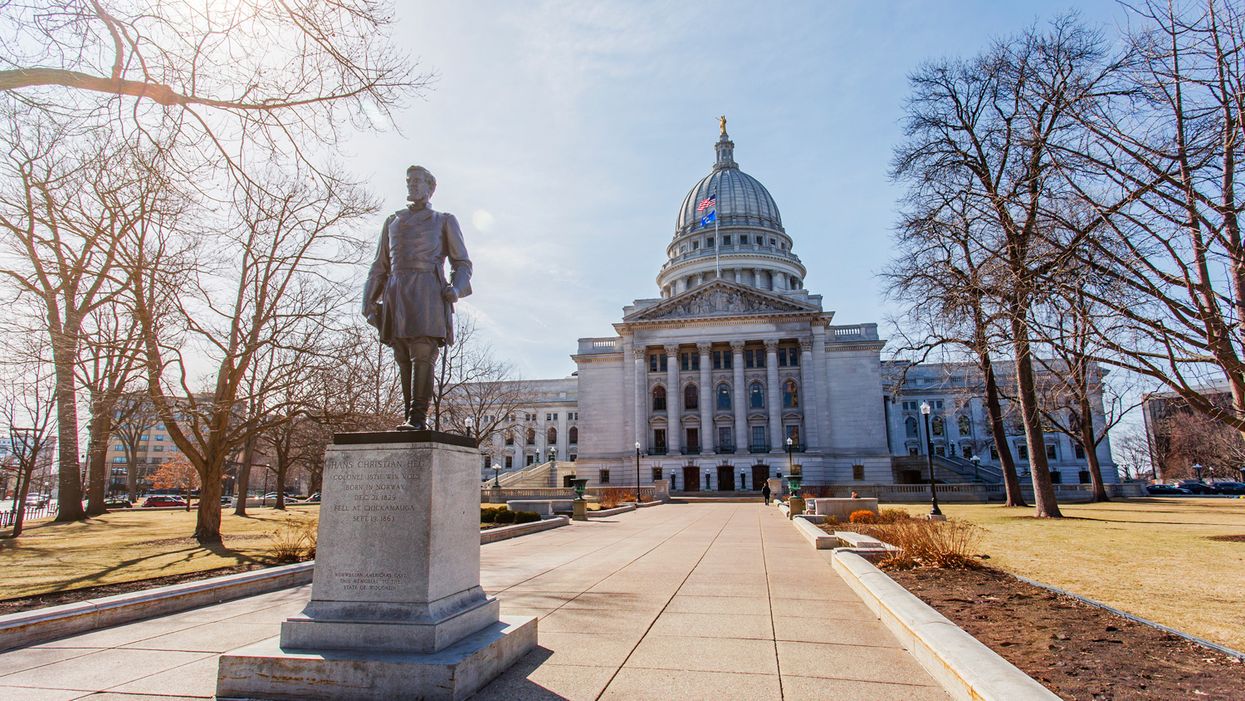Wisconsin's next election maps will almost certainly be drawn by judges, and deciding which ones could have a profound impact on the dynamics of redistricting and the state's political balance of power for a decade.
Conservatives launched a bid Wednesday to steer the task to the state Supreme Court, which has a reliably right-leaning majority, and away from the less predictable federal courts that have refereed the process in the past.
The coming dispute will be watched closely by critics of partisan gerrymandering. They are keen to prevent a repeat of a successful Republican line-drawing effort a decade ago that has preserved outsized GOP power in the decidedly purple state.
Once the delayed-by-coronavirus census counts are done next year, Republicans assured to remain in control of the Legislature will get the first crack at drawing legislative and congressional boundaries — and Democratic Gov. Tony Evers will almost as surely veto them. State law says a court then dictates the final maps.
Realizing this, the Wisconsin Institute for Law & Liberty asked the state's highest court on Wednesday to assert its appropriate jurisdiction over the process. The think tank and law firm, which is also spearheading the effort to get hundreds of thousands of names scratched from voter rolls before Election Day, is working in collaboration with Scott Jensen, a formerly powerful GOP speaker of the state House.
The seven-member Supreme Court will have four elected Republican members next year, which gives conservatives confidence the maps would favor the party as much as possible.
The current maps, which will be used one more time in November, have benefitted the GOP without fail — especially two years ago, when Republicans won 63 of the 99 state House seats with just 45 percent of the overall legislative vote, and five of the eight U.S. House seats with just 46 percent of the overall congressional vote.
The think tank is basing its argument on how the state's top court responded to redistricting litigation in 2001. When a divided government couldn't agree on maps the plans were sent to the Supreme Court, but it deferred to a federal court because it didn't have a protocol for how to handle the issue. The justices said procedures for future redistricting litigation should be created, but they never did so.
"It is time to redeem that promise," the group said in a filing asking the court to get the job done in time.





















